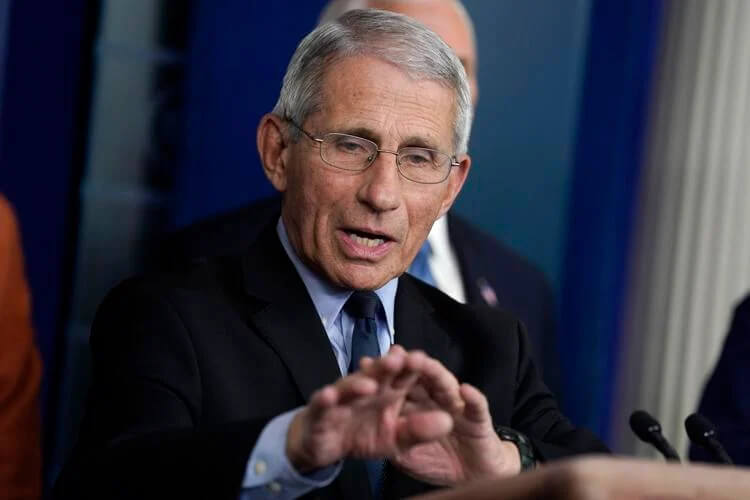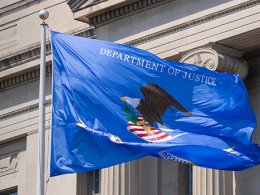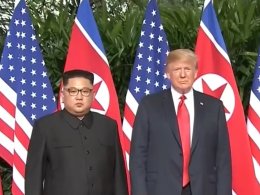By: Casey Harper
U.S. House Oversight lawmakers held a subcommittee hearing Wednesday to dig further into where COVID-19 originated and who may be responsible.
Select Subcommittee on the Coronavirus Pandemic Chairman Brad Wenstrup, R-Ohio, led the hearing, saying they will be investigating not just COVID’s origins, but also decisions made during the pandemic.
He began by laying out evidence that the virus came from a lab.
"The genome of COVID-19 is inconsistent with expectations and is unique for its group of viruses," he said. "COVID-19 has both a binding domain optimized for human cells and a furin cleavage site – or a small part of the virus that makes it so infectious – that has never been seen before in SARS related viruses. In other words, COVID-19 has unique characteristics that made it very infectious to humans. These have never been seen before in any other viruses of its type."
"We know the Wuhan Institute of Virology was conducting gain-of-function research on novel bat coronaviruses by creating chimeric viruses – combining two viruses together to test infectivity – and infecting mice with these viruses," he added. "Work that former COVID-19 Task Force Coordinator, Dr. Deborah Birx confirmed was, in fact, gain-of-function; contrary to the statements of Dr. Fauci."
The lab leak theory gained traction recently when news reports broke saying that the White House and key lawmakers received classified briefings saying that the Department of Energy had concluded COVID-19 likely came from the Wuhan virology lab.
Soon after, the FBI confirmed that they had reached the same conclusion.
Meanwhile, lawmakers are pushing to have documents related to the matter declassified.
The U.S. Senate passed a bill by unanimous consent that would require Director of National Intelligence Avril Haines to declassify documents related to COVID’s origins.
One focus of the hearing was Dr. Anthony Fauci and his role in attacking the idea the virus could have originated in a lab.
“And over the weekend we released a memo highlighting new evidence that suggests Dr. Fauci ‘prompted’ the drafting of a publication that would ‘disprove’ the lab leak theory, that the authors skewed evidence to achieve that goal, and that the current Chief Scientist of the World Health Organization was an uncredited co-author even though he appears to have contributed to the piece entitled, ‘Proximal Origins,’” Rep. Wenstrup said.
“I think we have already established that the Select Subcommittee will try to leave no stone unturned to try to find the truth,” he added.
Director of National Intelligence Avril Haines emphasized during the hearing that China’s lack of forthrightness has made finding the truth difficult.
More hearings are expected on the matter. Wenstrup kicked off his remarks by calling this hearing “our first of many hearings concerning the Coronavirus Pandemic.”
He also lamented the politicization of the question over COVID’s origins. Early on in the pandemic, some Republicans, like U.S. Sen. Tom Cotton, R-Ark., raised the question of whether the lab could have been the source of the virus and was roundly mocked by the media.
As The Center Square previously reported, in 2020, the Associated Press called the idea a “myth.” The same year, The New York Times called it a “conspiracy theory,” and The Washington Post called it a “fringe theory.”
Social media companies like Facebook were taking down posts in 2021 that claimed COVID-19 was man-made.
Fauci also pummeled dissidents in repeated media interviews and social media companies censored viewpoints that did not adhere to the supposed facts.
“Unfortunately, the question of the origins has been politicized,” Wenstrup said. “It has driven most people to their corners rather than driving apolitical scientific debate or discussion.”
Related Story: House Republicans Widen COVID Origins Investigation, Seek Docs on Gain-Of-Function Research









